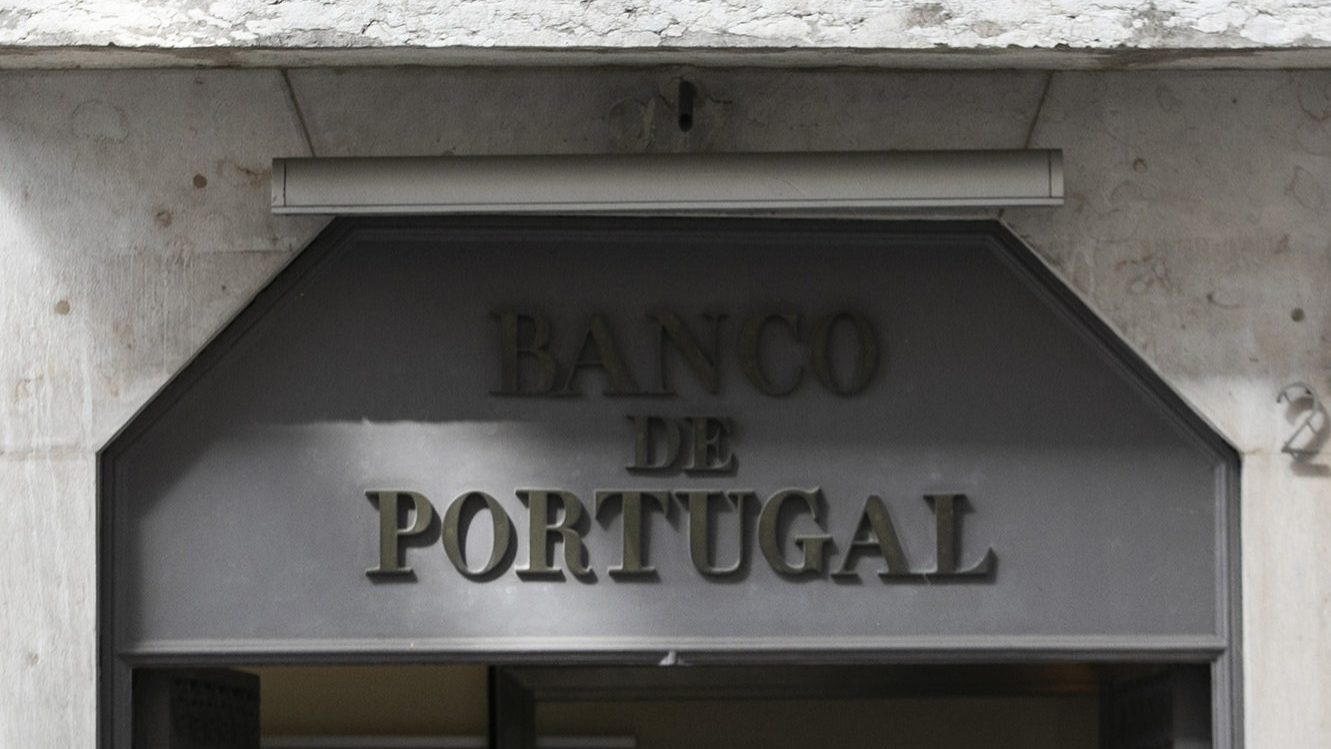Portugal is “better prepared” to face this crisis – DBRS
The financial rating agency says the country is in a better position to face this crisis than in 2011. And it gives three reasons.
Portugal experienced a severe crisis almost a decade ago. Now it is plunging into another, caused by the pandemic, but the context is totally different. DBRS now sees a country better prepared to face this crisis, pointing out three reasons for this optimism.
“Portugal’s public debt ratio is expected to exceed 130% of GDP in 2020, and could be even higher than the peak recorded in 2014”. However, “there are several reasons to believe that Portuguese finances are better prepared to face this shock than they were in the previous crisis,” says the Canadian financial rating agency.
Among the various reasons, the agency highlights three:
- “In the first place, Portugal came to this crisis after achieving a balance in public accounts”, and even registered a surplus in 2019, the first in democracy;
- Secondly, the probability of high responsibilities passing to public accounts, although highly uncertain, seems moderate,” says DBRS, referring to both TAP and Novo Banco. This positive outlook is due to a more “transparent and better controlled fiscal regime, as well as the strengthening of the financial system.”
- Finally, DBRS notes that “the cost of public debt is favourable in comparison with the last crisis, although the level of indebtedness is higher”. With the European Central Bank (ECB) in the market, interest rates on the national debt are at a minimum, with the ten-year rate at around 0.3%.
Despite the conviction that Portugal is currently stronger, DBRS sees some risks that may challenge the country. “The main risk is the virus, as well as the nature and duration of the health and economic crisis.”
Noting that “the economy may quickly return to its capacity prior to the outbreak of the virus once the pandemic is over,” the Canadian agency does not rule out the possibility that “economic capacity will be permanently affected either on the demand or supply side.”


